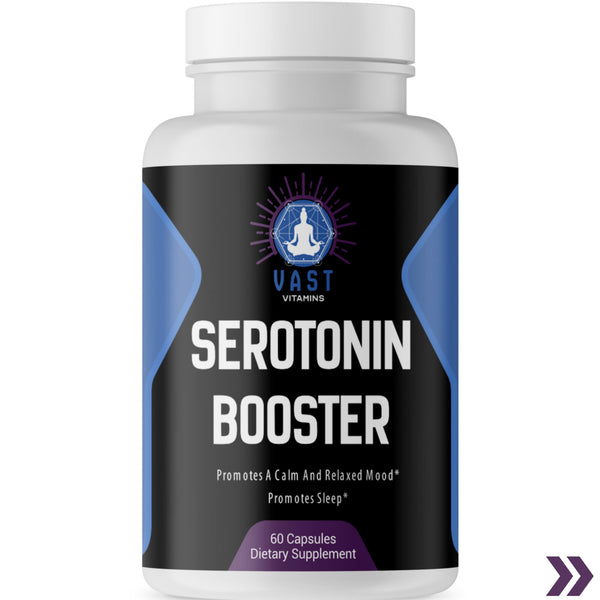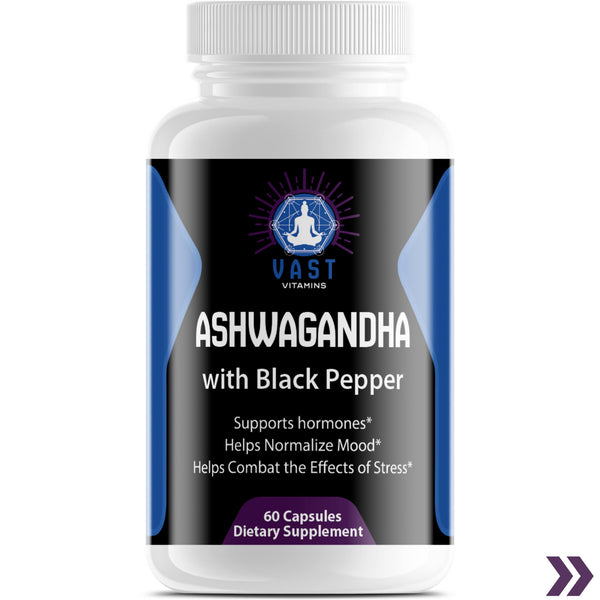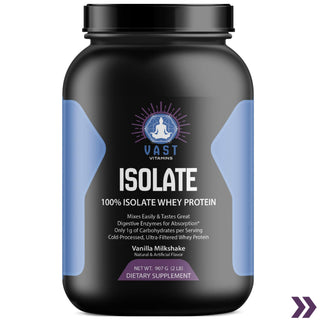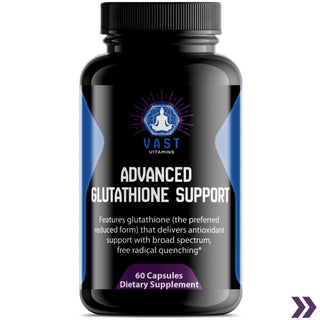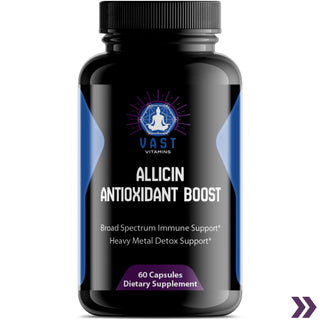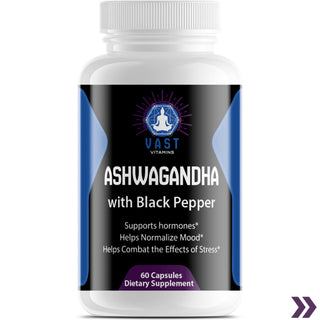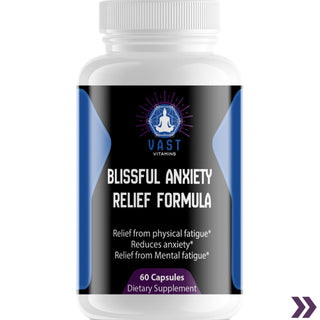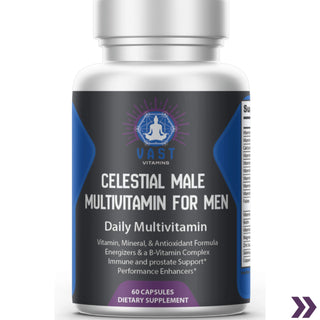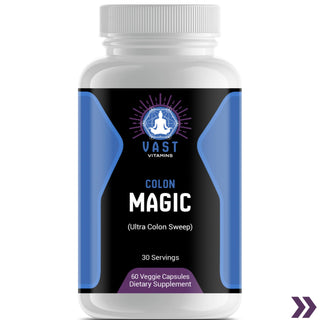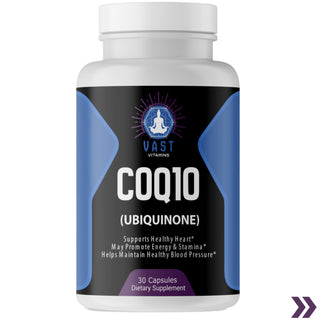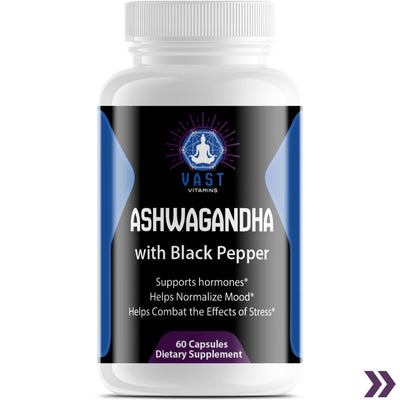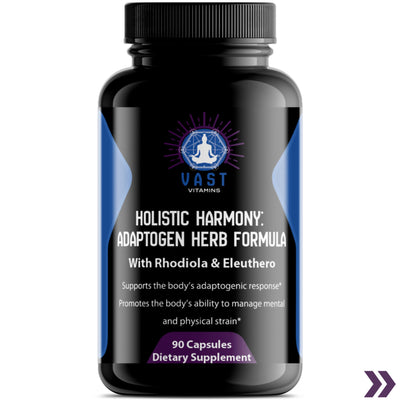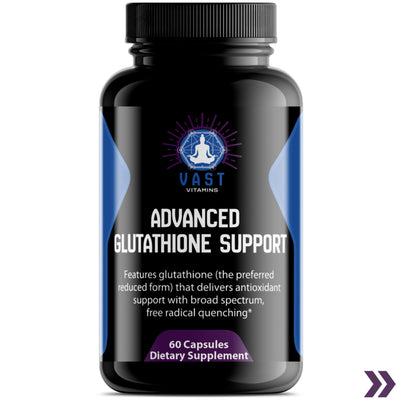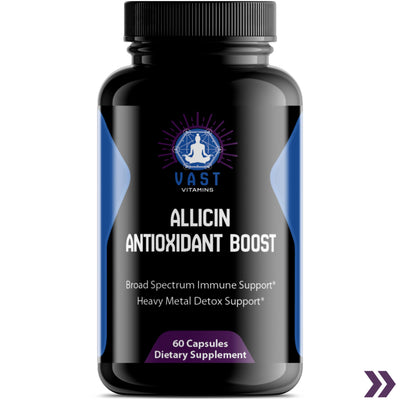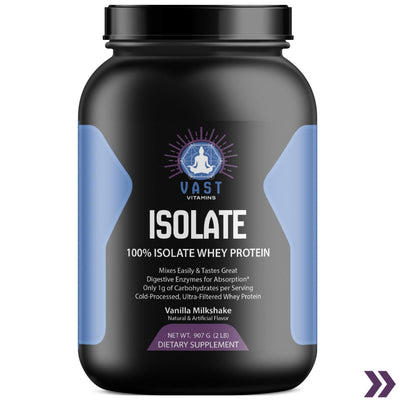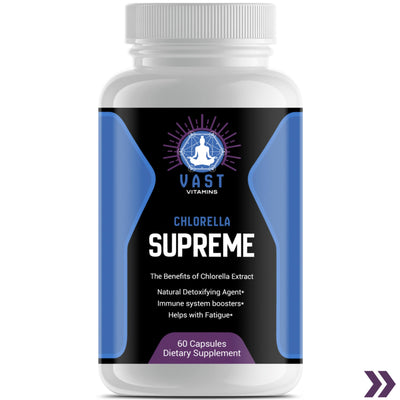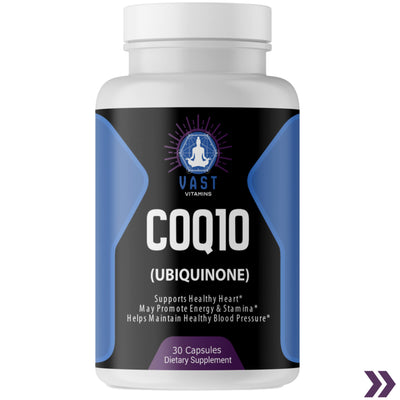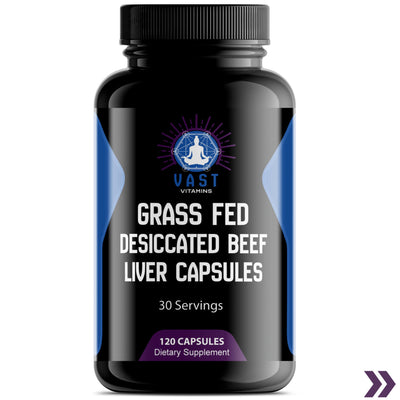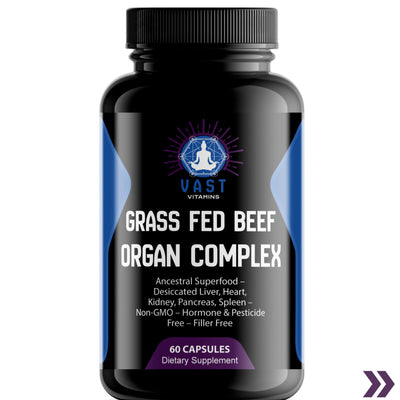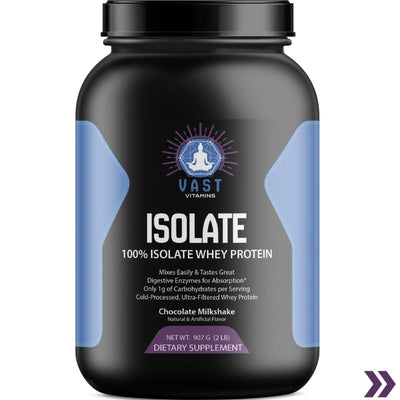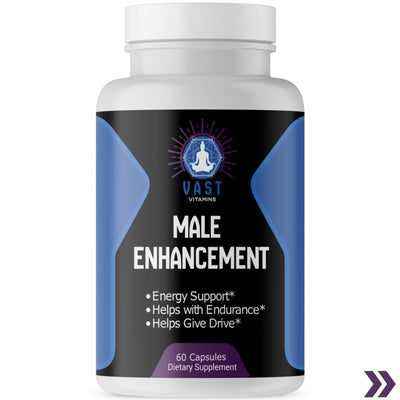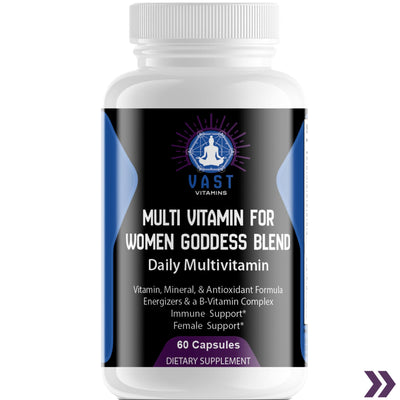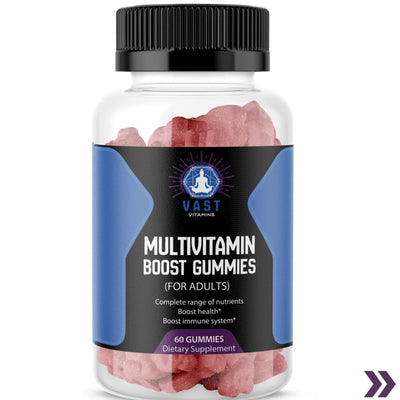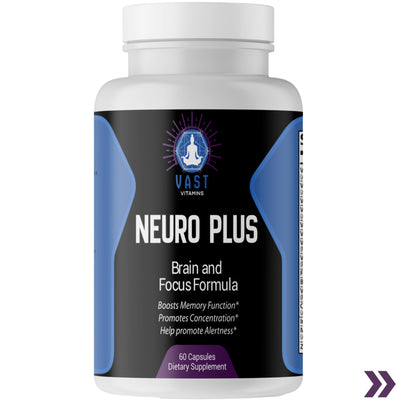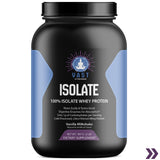Ashwagandha, or Withania somnifera, an Ayurvedic herb has a rich history dating back over 3,000 years in Ayurvedic medicine. This adaptogenic herb, also known as "Indian Ginseng," has numerous health benefits, leading many to ask, "What is Ashwagandha good for?" From boosting energy and reducing stress to enhancing cognitive function, Ashwagandha can play a significant role in promoting your overall wellbeing. Read more about the history and traditional uses of herbs here.
Why Ashwagandha is Good for You: The Role of Withanolides?
Effects of Ashwagandha. Ashwagandha is good for various health issues, largely thanks to its unique active compounds known as withanolides. These compounds are known for their adaptogenic properties, which aid the body in managing stress, boosting immunity, and reducing inflammation. Ashwagandha contains various components that are beneficial for health, which include flavonoids and antioxidants like catalase, superoxide dismutase, and glutathione, a super antioxidant." It also contains alkaloids, amino acids (including tryptophan), neurotransmitters, sterols, tannins, lignans, and triterpenes. To ensure the effectiveness of Ashwagandha, it's essential to source products with a high withanolide content.
Ashwagandha is Good for Stress Management and Anxiety Relief.
One reason why Ashwagandha is good for health is its proven ability to relieve stress and anxiety. By stabilizing physiological processes, Ashwagandha can help the body respond better to stress and lower cortisol levels, leading to improved stress management and decreased anxiety symptoms. Ashwagandha Benefits are endless.
Ashwagandha is Good for Cognitive Function.
Why is Ashwagandha good for cognitive function? Evidence suggests it can support brain health and improve memory, focus, and reaction times, making it an excellent natural supplement for cognitive health.

Why Ashwagandha is Good for Physical Performance?
Ashwagandha is good for those looking to boost energy levels and enhance stamina. It can help optimize the body's energy use, improve cardiorespiratory endurance, and strengthen muscles, making it an ideal supplement for athletes and active individuals.
Ashwagandha is Good for Thyroid Health.
Ashwagandha is good for supporting thyroid health, as research suggests it can normalize thyroid hormone levels, offering potential benefits for those with hypothyroidism.
Ashwagandha is Good for Immune Function.
Ashwagandha is good for enhancing immune function, increasing the production of white blood cells, and reducing inflammation. This can help the body effectively combat common illnesses and infections.
Potential Side Effects: What to Consider When Deciding if Ashwagandha is Good for You?
Despite its benefits, Ashwagandha may cause minor side effects, such as upset stomach, diarrhea, or dizziness. Individuals with specific conditions should use it with caution, highlighting why it's crucial to consult a healthcare provider before starting Ashwagandha.

Correct Usage: Ensuring Ashwagandha is Good for Your Health.
Using Ashwagandha correctly is essential to fully experience its health benefits. It's available in various forms, each offering different dosages, making it crucial to consult a healthcare professional for personalized advice. Here at Vast Vitamins, we carry Ashwagandha in an easy-to-use capsule form.
Ashwagandha and Testosterone Levels.
Ashwagandha supplements have shown promising results in boosting testosterone levels. Clinical trials and human studies have revealed that these supplements can significantly increase testosterone levels in men, thereby improving reproductive health and muscle mass.
Ashwagandha, the Winter Cherry.
Also known as the Winter Cherry, the Ashwagandha plant is a powerful herb that comes from the evergreen shrub family. The plant, primarily the Ashwagandha root extract, has been used in traditional medicine for centuries due to its myriad of health benefits.
Effects and Benefits of Ashwagandha.
One of the key benefits of Ashwagandha is the significant improvement it brings to sleep quality. By reducing chronic stress, anxiety, and cortisol levels, Ashwagandha can enhance sleep, making it a valuable addition to herbal medicine for insomnia treatments.
Ashwagandha and Autoimmune Diseases.
While Ashwagandha supplements are generally beneficial, individuals with autoimmune diseases should exercise caution. They should consult a healthcare professional before incorporating Ashwagandha products into their regimen due to potential interactions with their condition.

Ashwagandha and Mental Health.
The impact of Ashwagandha on mental health is significant. Clinical studies have shown that it can reduce stress hormone levels and improve brain function, potentially offering a natural alternative to conventional treatments for mental health disorders.
Ashwagandha in Animal and Clinical Studies.
Both animal studies and clinical trials have demonstrated that Ashwagandha has positive effects on blood sugar levels, blood pressure, and cholesterol levels. It's essential to note that while these results are encouraging, more scientific studies are needed to understand fully the herb's potential.
Ashwagandha and Thyroid Disorders.
Scientific evidence has highlighted the role of Ashwagandha in treating thyroid disorders. Particularly in hypothyroidism, the extract of Ashwagandha has been shown to aid in normalizing thyroid hormone levels.
Ashwagandha and Pregnancy.
Pregnant women are advised to avoid Ashwagandha, despite its benefits. This precaution stems from limited human studies regarding its effects during pregnancy and breastfeeding.
Ashwagandha and Cancer.
Emerging research suggests that Ashwagandha might inhibit the growth of cancer cells. However, these findings are primarily based on animal studies, and more scientific studies are required to establish these effects in humans.
Ashwagandha for Athletic Performance.
Ashwagandha has been associated with enhanced athletic performance. By boosting testosterone levels, reducing body fat percentage, and increasing muscle strength, it has become a popular herbal supplement among athletes.
Conclusion
The Ashwagandha plant, a revered medicinal plant, offers a multitude of health benefits when used correctly as a dietary supplement. As scientific evidence continues to grow in support of the potent benefits of Ashwagandha, it solidifies its place as a powerful herb in both traditional and alternative medicine. However, consultation with a healthcare professional is crucial before starting this or any other herbal supplement. As you seek natural stress relief, improved cognitive performance, or better immune health, Ashwagandha could be a valuable addition to your wellness journey. To answer the question of what Ashwagandha is good for, its multifaceted health benefits make it a powerful ally in the natural health and wellness arena. Remember, however, Ashwagandha is not a substitute for professional medical advice.
Ashwagandha Is Good for? Unlocking its Multifaceted Health Benefits FAQ:
1. What is Ashwagandha good for?
Ashwagandha has multiple health benefits including boosting energy, reducing stress, enhancing cognitive function, supporting thyroid health, and enhancing immune function.
2. What are the active compounds in Ashwagandha that make it beneficial?
The unique active compounds known as withanolides in Ashwagandha give it its health benefits. These compounds are known for their adaptogenic properties, aiding the body in managing stress, boosting immunity, and reducing inflammation.
3. How does Ashwagandha help in stress management and anxiety relief?
Ashwagandha can help the body respond better to stress by stabilizing physiological processes and lowering cortisol levels.
4. Can Ashwagandha improve cognitive function?
Yes, evidence suggests that Ashwagandha can support brain health and improve memory, focus, and reaction times.
5. Is Ashwagandha good for athletes and active individuals?
Yes, Ashwagandha can help optimize the body's energy use, improve cardiorespiratory endurance, and strengthen muscles.6. Can Ashwagandha support thyroid health?
Yes, research suggests that Ashwagandha can normalize thyroid hormone levels, offering potential benefits for those with hypothyroidism.
7. What are the potential side effects of Ashwagandha?
Minor side effects of Ashwagandha may include upset stomach, diarrhea, or dizziness. It is advised to consult a healthcare provider before starting Ashwagandha.
8. Does Ashwagandha have a role in boosting testosterone levels?
Yes, Ashwagandha supplements have shown promising results in boosting testosterone levels in clinical trials and human studies.
9. What is the connection between Ashwagandha and sleep quality?
One of the key benefits of Ashwagandha is the significant improvement it brings to sleep quality by reducing chronic stress, anxiety, and cortisol levels.
10. Can Ashwagandha inhibit the growth of cancer cells?
Emerging research suggests that Ashwagandha might inhibit the growth of cancer cells. However, these findings are primarily based on animal studies, and more research is required to establish these effects in humans.
11. Is Ashwagandha safe for pregnant women?
Pregnant women are advised to avoid Ashwagandha due to limited human studies regarding its effects during pregnancy and breastfeeding.























